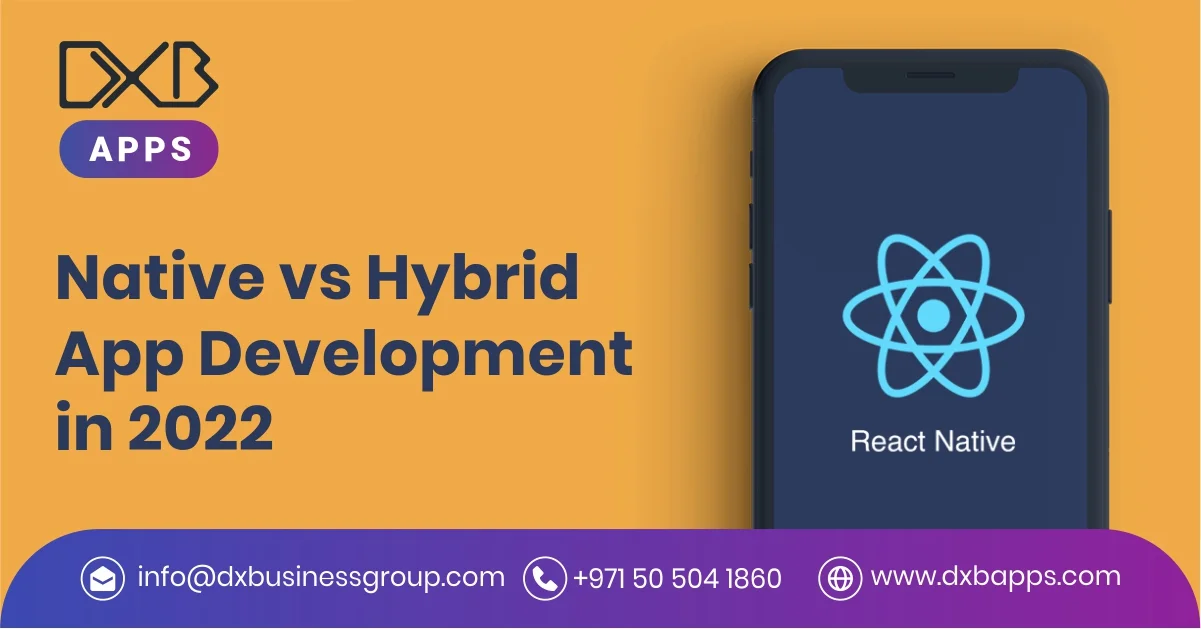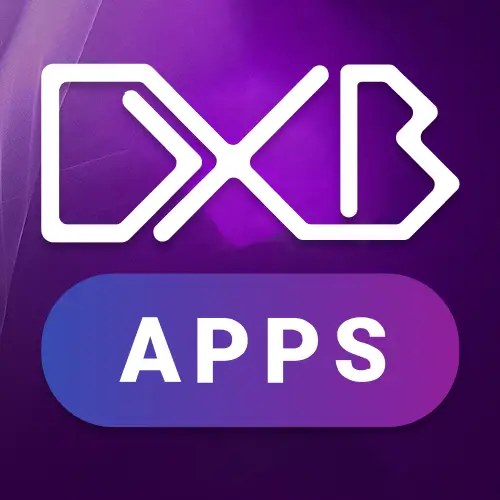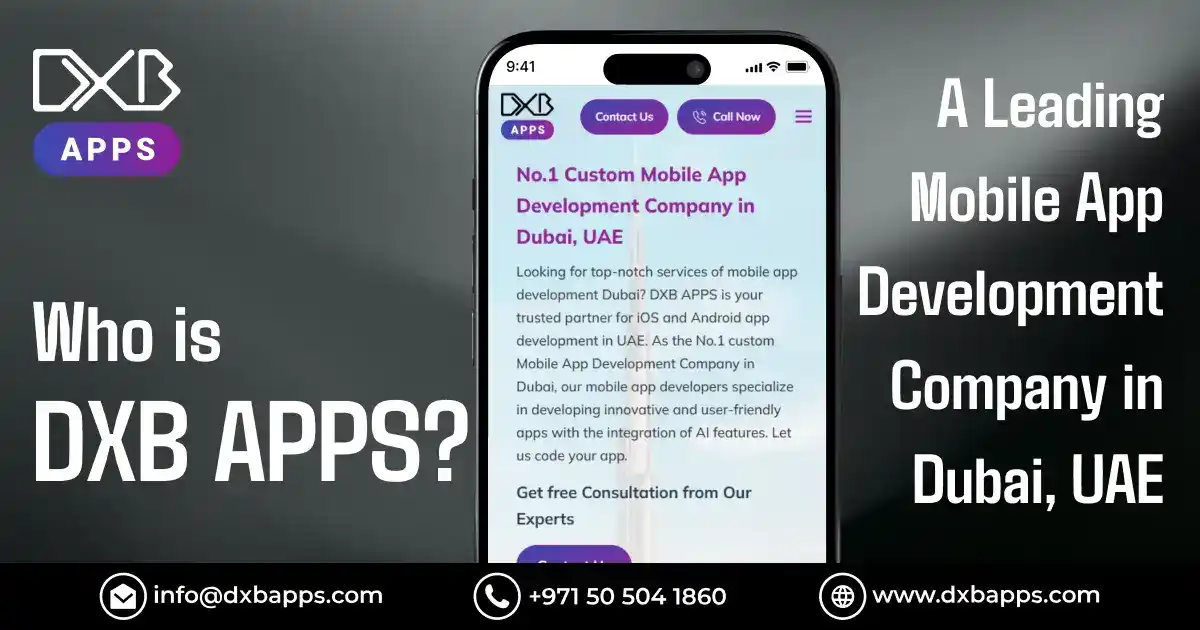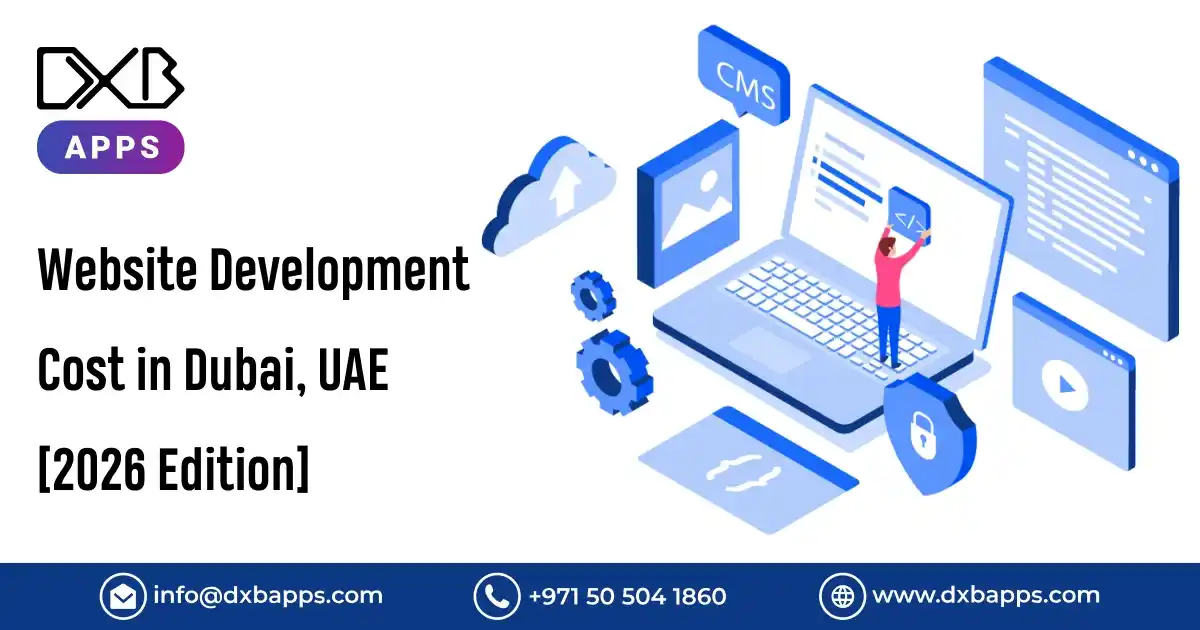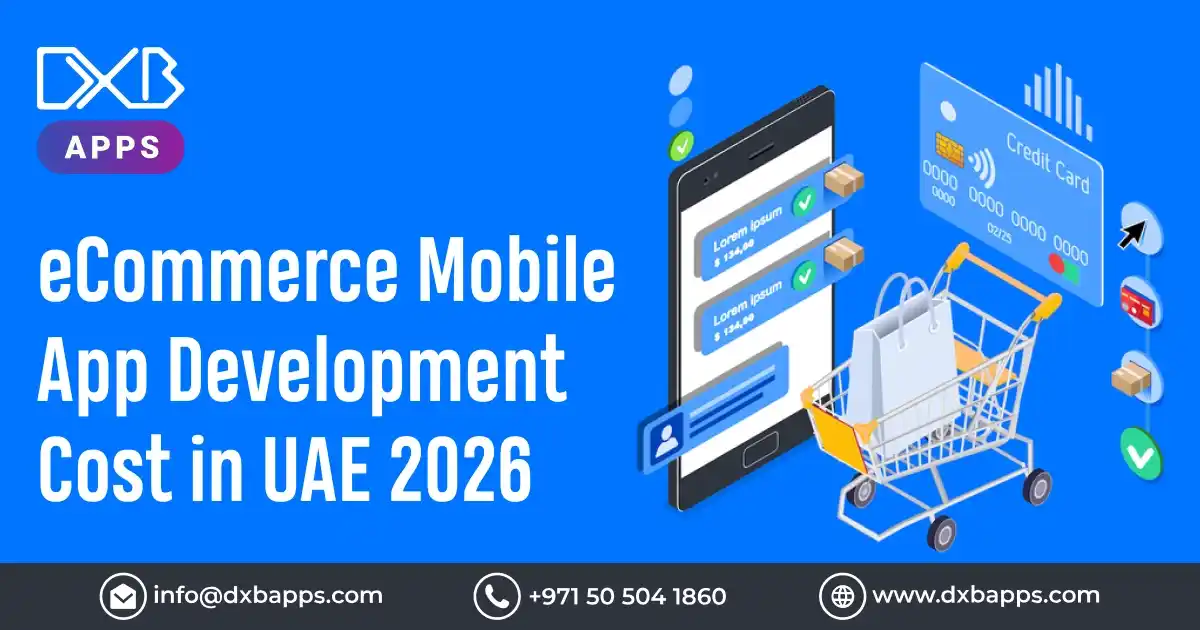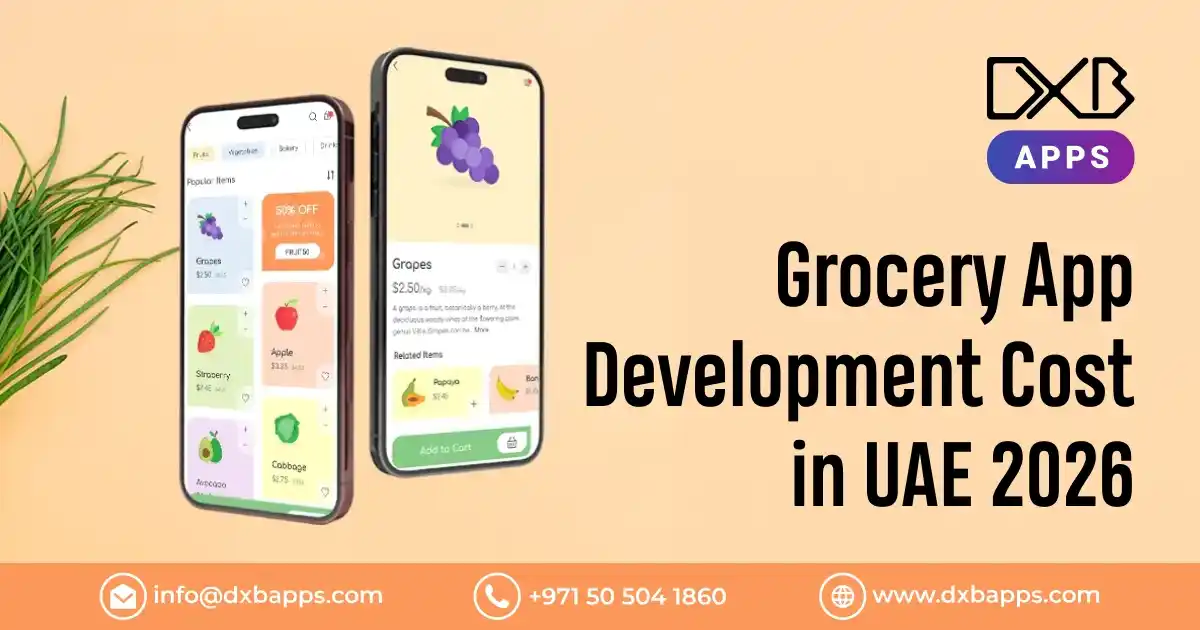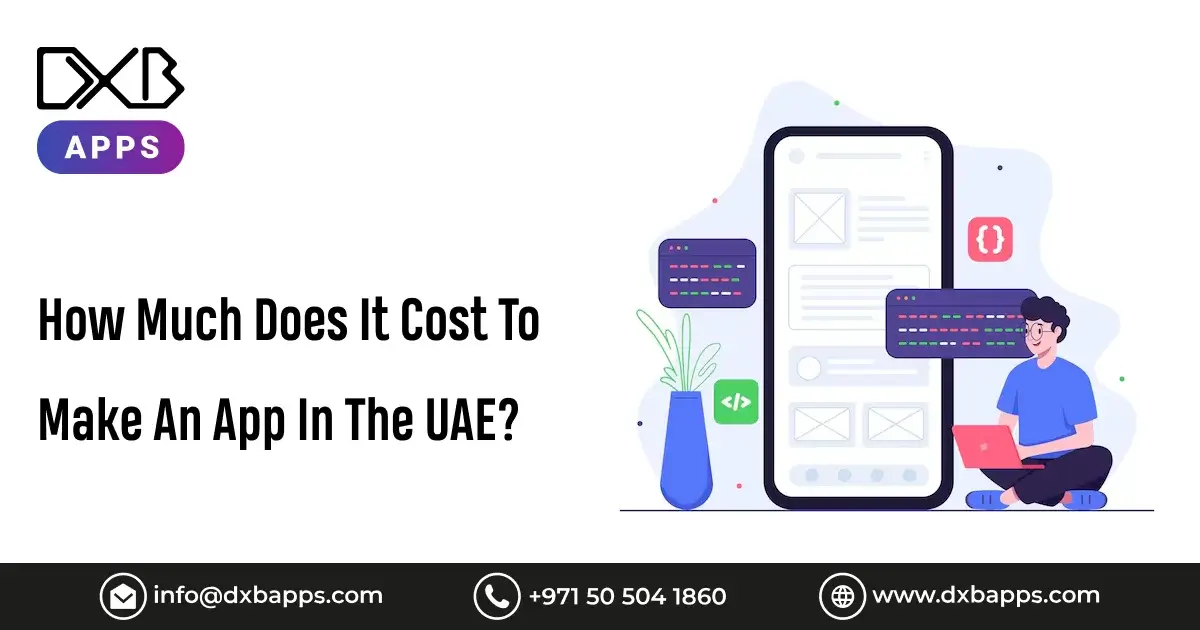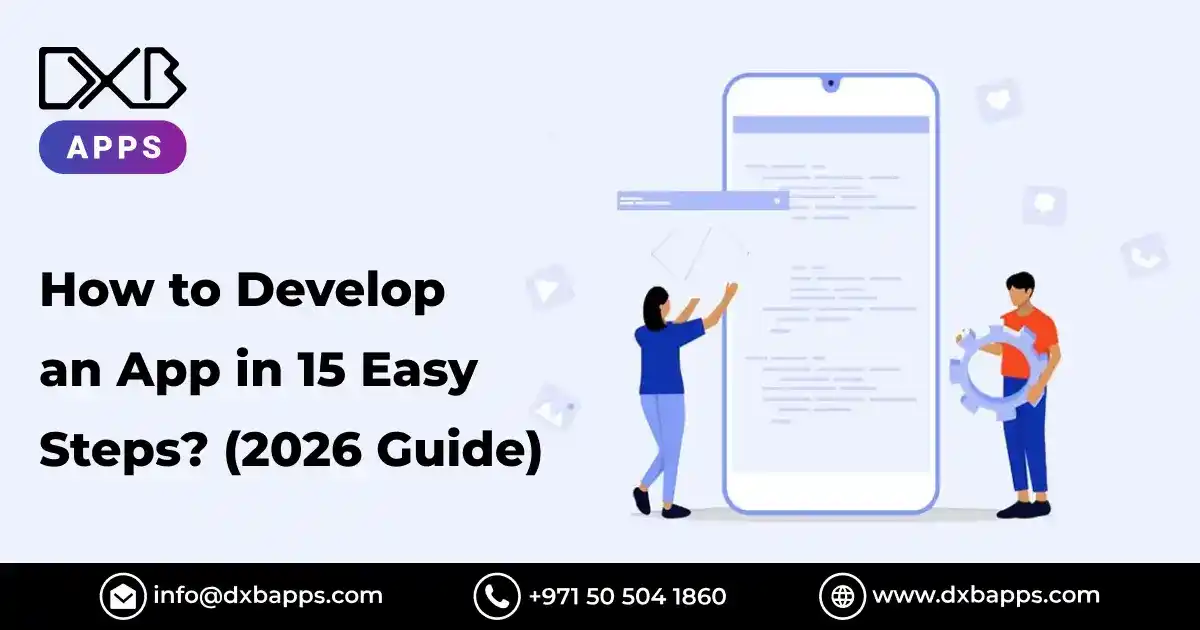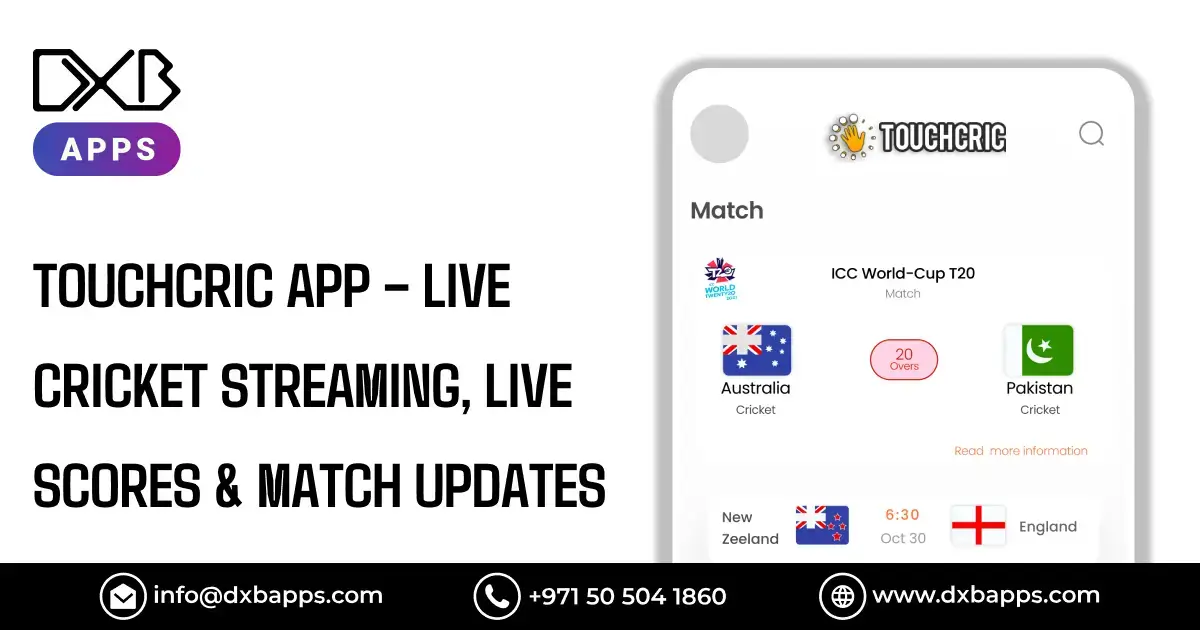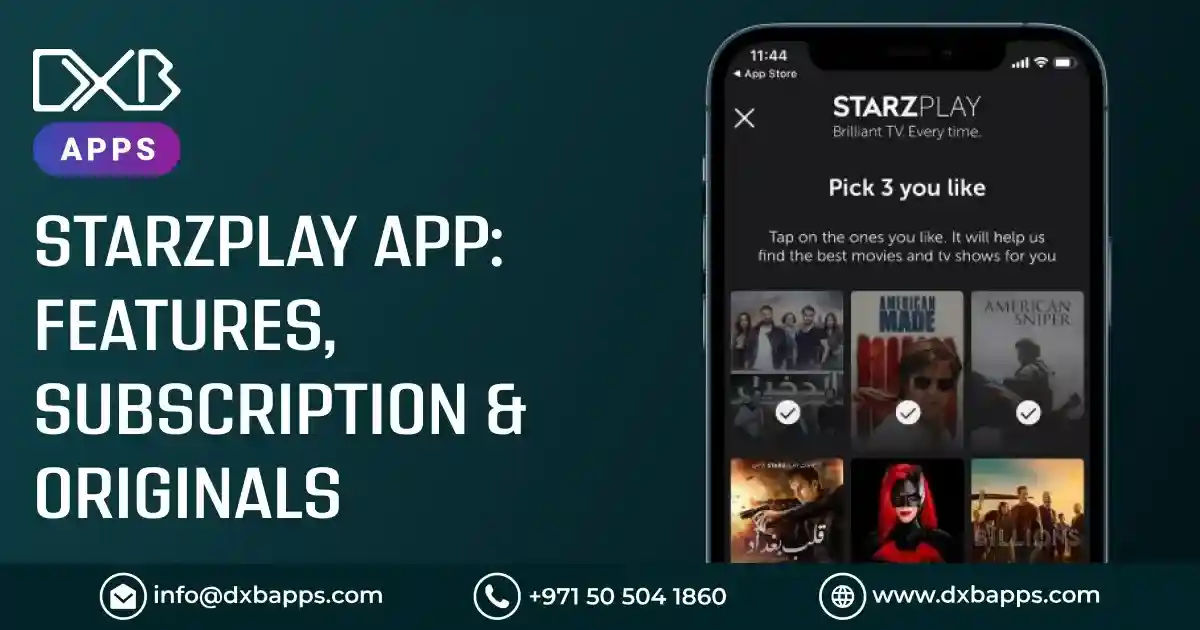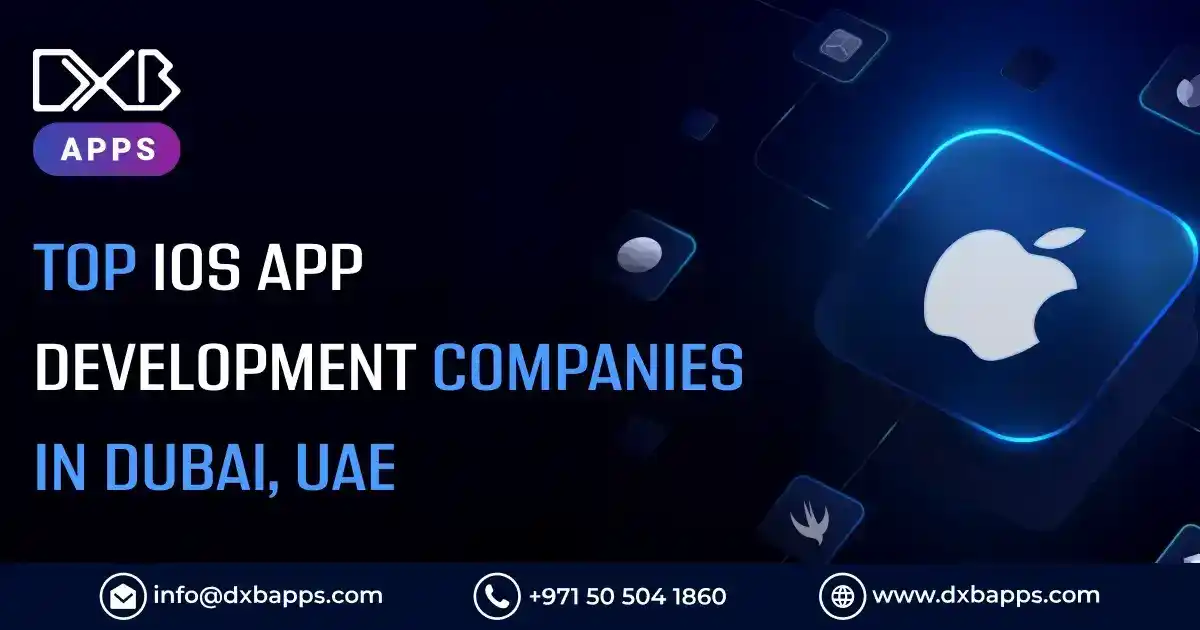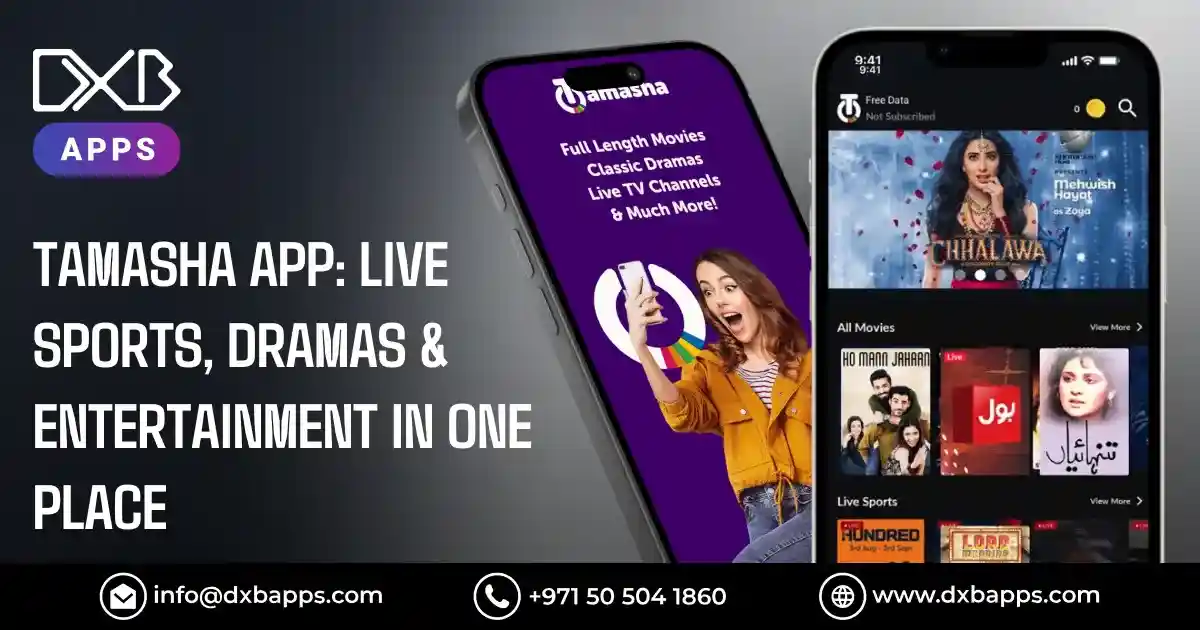Since the advent of technology, our lives have been limited to digital assets. Thanks to the internet and mobile applications, we make important decisions in our life and business. It is difficult for businesses to compete in the competitive digital landscape because countless apps are currently available on the Play Store and App Store with limited exposure, skills, resources, and budget.
Global app downloads are expected to reach 299 billion in 2023, up from around 247 billion in 2020.
At this point, businesses typically face several problems, such as determining which technology to rely on, whether to go with iOS or Android and which app development framework would be best for gaining broader customer engagement. Let’s look at both options and weigh their benefits.
What is Native and Hybrid app development?
Native app development is the development of an app for a single platform, such as iOS or Android. For development, these apps make use of platform-specific programming languages and tools.
For example, an Android app written in Java or Kotlin and an iOS app
Written in Swift or Objective-C. Because of their high performance, they are also known for providing an exceptional user experience.
Hybrid app development means building a single codebase for two platforms. It is possible to create communication between the platform and the web view using specific tools, making hybrid apps feel native. The development is based on web technologies such as JavaScript, CSS, and HTML. Following the development of the code, it is wrapped within a native app using cross-platform frameworks such as React
Native, Apache Cordova etc.
Benefits of Native app development
High speed
As native mobile apps do not use complex code like hybrid apps, they are significantly faster. Most app elements render quickly because they preload ahead of time. Native applications are preferred by start-ups due to their rapid development.
More Intuitive and Interactive
Native apps provide a superior user experience. They are built for a specific operating system and thus ensure an improved experience that is perfectly aligned with a specific operating system in all terms.
Utmost performance
Natively developed apps are optimized for a specific platform, ensuring high performance. As they are designed for a specific platform, they are responsive and relatively fast. Furthermore, these apps are built with core programming languages and APIs, making them more efficient.
Enhanced Security
Native app development relies on various browsers and technologies such as HTML5, JavaScript, and CSS to ensure complete data security on the client end.
Benefits of Hybrid App development
Easy maintenance
As hybrid apps are solely based on web technology, they are easier to maintain than native and cross-platform apps that require complex coding.
Cost-cutting measures Backed with ease of development
Developers can create a single version of an app for multiple platforms, meaning businesses don't need to invest separately in developing different versions for different platforms.
Improved UI/UX
Hybrid apps combine the advantages of native and web apps while providing a flawless and enhanced user experience across Android and iOS. The lightweight hybrid app UI allows for super-fast loading of graphics and content.
When to consider developing a Native or a Hybrid App:
Consider native app development when-
1. The app needs complete access to the phone's resources.
2. The app's responsiveness should be exceptional.
3. The app is simple to update and fast.
Consider Hybrid app development when-
-
Do not have enough time to operate the app seamlessly across multiple platforms.
-
You intend to distribute a web app via app stores.
-
The device's native features are required such as GPS, camera, etc.
Conclusion
Native and hybrid development has different advantages and disadvantages. Finally, the choice between the two is determined by the project requirements and the skills of the developers involved.
Native apps continue to be the best option in terms of user experience and performance. While they are more expensive, you will be more at ease because of lower defect rates and better visuals.
Hybrid apps are simple to create, but providing an equivalent user experience on each platform requires more effort.
Still unsure whether to go with native or hybrid development? DXB Apps can make decisions for you based on your needs. DXB Apps is a well-known Dubai-based mobile application development company, a pioneer in the UAE mobile app development market, that assists its clients in growing their business in the app market. They have experienced developer teams who will create the required app based on your specifications.

